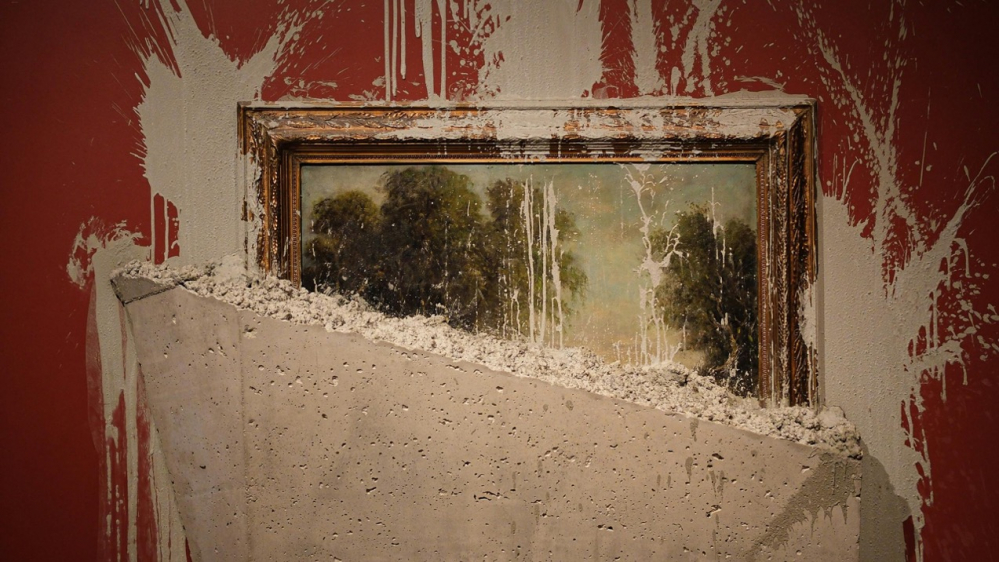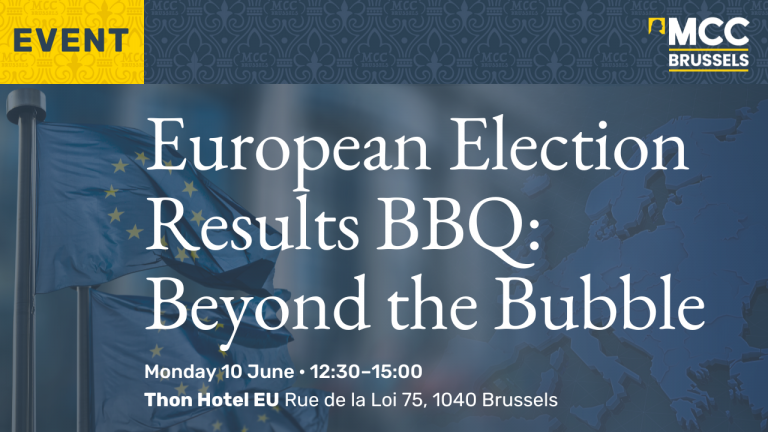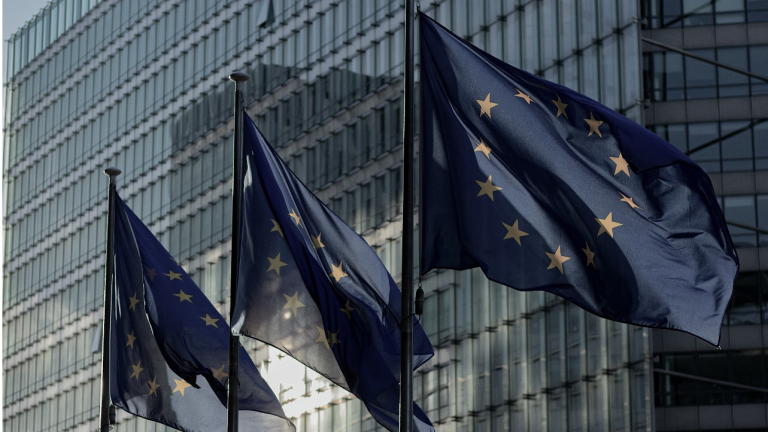- Has Europe lost its sense of beauty?
- 18.30 - 20.00, Thursday 27 June
- Liszt Institute Brussels
REGISTER HERE
What has become of beauty in the West today? From iconoclastic campaigns against paintings and statues (said to be too representative of Western colonialism) to the trend to upend “traditional beauty standards” in fashion in favour of plus-sized models, beauty seems to be conspicuous in its unfathomable nature. Today, public artworks are more likely to aim to shock or disgust than inspire feelings of harmony, and even the Renaissance nude is treated with unease.
It seems as if the pursuit of harmonious and transcendent beauty, once revered since antiquity, now incites not admiration but suspicion. The classical ideals of beauty are vilified as dogmas of taste, associated with conservative, populist, and even racist mentalities. This suspicion that there is something inherently regressive in those who mourn contemporary culture’s turn away from beauty goes hand in hand with an unease with universal aesthetic standards – making sweeping artistic or cultural judgements is said to be incompatible with diversity. It is hard to avoid the conclusion that these attacks are in fact directed against the Western cultural canon and the yearning for the sublime and the transcendent.
But for some, the ‘reimagining’ of the nature of beauty is a progressive act. Disney princesses no longer have to fit the stereotype of “whiteness” and even models for sportswear need not be athletic. This distaste for the perceived traditional idea of beauty is said to be merely an extension of the progressive ethos in art and society – a rebellion against “arbitrary” standards which serve to oppress and marginalise.
But what does society stand in danger of losing with this turn against beauty? On the traditional account, beauty elevates ordinary life, coaxes individuals towards higher standards and spiritual accomplishments. A world without beauty is grey, monotonous and depressing.
Does Europe need a broader campaign for a return to beauty? After all, it is the traditionally beautiful that still captures the public imagination, from Van Gogh exhibitions to tourist trips to Rome.
Do we still need beauty – in art and in life? Is there a turn against it, or are we seeing a liberation from unfair standards? Should we be more open to art which seeks to shock or change – or should beauty remain the key standard for judging works of culture?
Join us at the Liszt Institute Brussels for an evening where beauty takes centre stage.
Speakers:
Alexander Adams, artist, writer and art critic; author, Culture War: art, identity politics and cultural entryism
Jan Tarnas, managing editor, Obieg magazine, Ujazdowski Castle Centre for Contemporary Arts in Warsaw
Maren Thom, senior research fellow, MCC Brussels
Emma Webb, writer and broadcaster; fellow, New Culture Forum; former director, Common Sense Society (UK)


